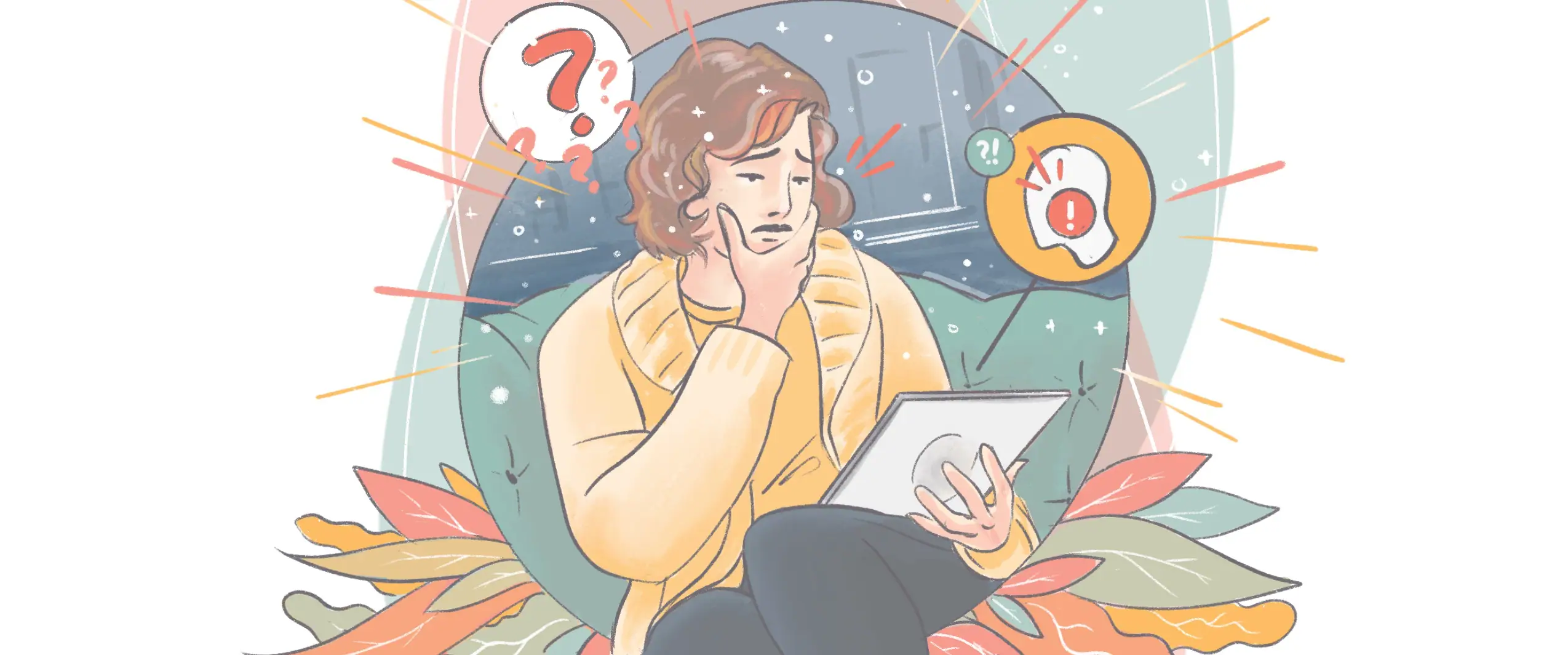What do you do when you have a hole in your smile? Approximately 178 million Americans are missing at least one tooth and 40 million are unfortunate enough to be missing all their teeth. Thankfully, modern dentistry technology offers people the ability to replace their missing pearly whites and enjoy a gleaming smile once more. There are a few techniques that can be used, but dental implants are the ones closest to having natural teeth. But are they painful? Let’s discuss.
What are dental implants?
A dental implant is a type of dental prosthetic that is very similar to natural teeth. When a patient gets them installed, the dentist drills a small hole into the jaw bone and inserts a titanium post. The patient is sent home for a few months to allow the implant to heal and fuse with the jaw bone.
A crown, made to match the surrounding teeth, is then mounted on top of the post. Once the procedure is complete the patient is able to eat, talk, kiss, laugh, and otherwise use their mouth as they normally would. With proper dental hygiene like flossing and brushing twice a day, dental implants can be expected to last for decades, and most likely the lifetime of the patient.
Is it painful to get dental implants?
The idea of someone drilling into your jaw bone probably doesn’t incite happy thoughts and you may be wondering how painful getting dental implants will be.
We won’t lie to you, dental implants are not a painless procedure. However, they also probably aren’t as bad as you are imagining. Getting a dental implant, pain-wise, is similar to having a tooth extracted. If you’re considering an implant, it’s likely you’ve already experienced a tooth extraction. You lived, right?
Due for a checkup?
Find a top rated dentist near you that takes your insurance.
However, getting an implant isn’t the only thing to consider. Sometimes, depending on the state of your mouth, you will need certain preliminary procedures before you can get the implant.
These can come with varying degrees of pain.
Preliminary procedures for dental implants
There are three main preliminary procedures you may need before you can get your implant. These are:
- Bone grafts
- Sinus lifts
- Tooth extractions
The implant needs sufficient bone to support the tooth. If you’ve already experienced bone loss then you may need a bone graft to supplement the bone you have left. A bone graft isn’t nearly as scary as it sounds and is usually done under a local anesthetic. Your dentist may prescribe anti-inflammatory medication and a painkiller to manage the pain.
Sinus lifts are a little more intense. Some people can undergo them under local anesthetic and others need to be put to sleep. These are generally only needed for implants far back in your mouth.
Finally, tooth extraction is a very common preparatory step. The dentist may need to pull the damaged tooth that will be being replaced or, in the case of a full arch, pulling any healthy teeth that remain in the way. Sometimes this can be done at the same time as the placement surgery, other times you will need to book another dentist appointment.
Placement surgery
The placement of the implant generally isn’t too big of a deal. It sounds like it would be, what with the whole idea of drilling into your jawbone. However, experienced dental surgeons will carefully take into account nerve placement and do their best to avoid them.
The surgery should only last about 30-40 minutes for a single tooth. Once the anesthesia begins to wear off, you’ll feel some discomfort and perhaps pain. This can usually be managed with a mild painkiller.
You’ll be sent home at this point to allow the implant to fuse with the jawbone.
Loading the restoration
Once everything has healed it’s time to load the restoration. That’s a fancy way of saying your dentist will stick a permanent crown on top of the implant.
To do this, the dentist will open your gums slightly to attach an abutment to the top of the implant. The crown is placed on top of this and you’re all set!
This step is quick and relatively painless. Most people do not require pain meds.
How long does pain last after getting dental implants?
For most people, the most painful portion of getting dental implants is the implant placement surgery. Once the anesthesia wears off, it’s common to experience throbbing pain at the site. The gums will also probably be quite irritated.
Expect the pain to last about three days after the surgery, though it will diminish each day. Soon, you should only experience mild pain when biting or chewing too hard (which you should avoid doing right after the surgery anyway).
Due for a checkup?
Find a top rated dentist near you that takes your insurance.
Continuing to experience dental implant pain after two weeks may be an indication of infection. It’s also possible the implant failed. Regardless, if you are still feeling pain at this point, talk to your dentist at once. If there doesn’t seem to be a problem, they’ll advise that you wait a few weeks. Some people do experience mild pain for a few weeks after the surgery.
What if the problem persists? What if you’re still feeling dental implant pain after three months?
There are a few problems that can cause this. First, the implants may have been placed too close to a nerve and are irritating it. You may also notice inflamed gums, although this can also happen if your gums are rejecting the implant.
Another cause of persistent pain is that your gums are not healing properly. This may often be tied to an underlying medical condition such as gingivitis or periodontal disease.
Finally, the implant may have failed. This happens in a small number of implant patients, often without an obvious reason. Don’t worry, it doesn’t mean your dentist did a bad job or that you are not a good candidate for dental implants. Most people can try a second time and enjoy a successful implant.
Why do my dental implants hurt?
Don’t worry. It’s normal to feel pain for the first few days after receiving a dental implant. Most people can manage the pain with OTC pain medications or your dentist may prescribe you something a bit stronger if you desire.
If the pain becomes intense or lasts for longer than two weeks, get in touch with your dentist. They can investigate to ensure nothing is out of place and that there are no problems developing.
Is it normal to have throbbing pain after a tooth implant?
Throbbing pain directly after the surgery is completely normal. Once the anesthetic begins to wear off, you’ll probably notice it. If you decide to take an over-the-counter medication to manage the pain, be sure to choose a non-NSAID, like acetaminophen (Tylenol). The pain should subside within a few days without incident.
On occasion, throbbing pain may return suddenly a few weeks after the procedure. Contact your dentist immediately if that happens.
Why does the tooth next to my implant hurt?
Some patients may experience pain in the tooth next to the implant or notice that it is loose. This could indicate a few different things, none of which are good.
For example, the periodontal disease that caused you to lose the tooth you’re replacing may have begun to affect nearby teeth. It is possible for teeth to decay considerably and you won’t feel a thing. This decay, however, weakens the tooth and leaves it vulnerable.
When the implant is placed, the pressure and swelling can further aggravate the problem, loosening the tooth and potentially causing pain.
It’s also possible (though not probable if you hired a reputable dentist) that the implants were placed incorrectly. This happens most often because the dentist did not take enough diagnostic studies to fully understand the best position for the implant. Find a dentist here to ensure you get a good one for the procedure.
Find a dentist near you
There are two things you can do to help ensure your dental implant procedure goes well and doesn’t cost very much.
The first is to maintain proper dental hygiene. Brush and floss twice a day, taking care to clean the site of the implant thoroughly without being too harsh and causing more damage.
Book a dental consultation.
Find a dentist near you to tell you more about getting started on this procedure.
The second is to follow your dentist’s instructions to a T. Also, don’t be afraid to call them if something seems out of place. The sooner your dentist can address the problem, the smaller the problem will be.








